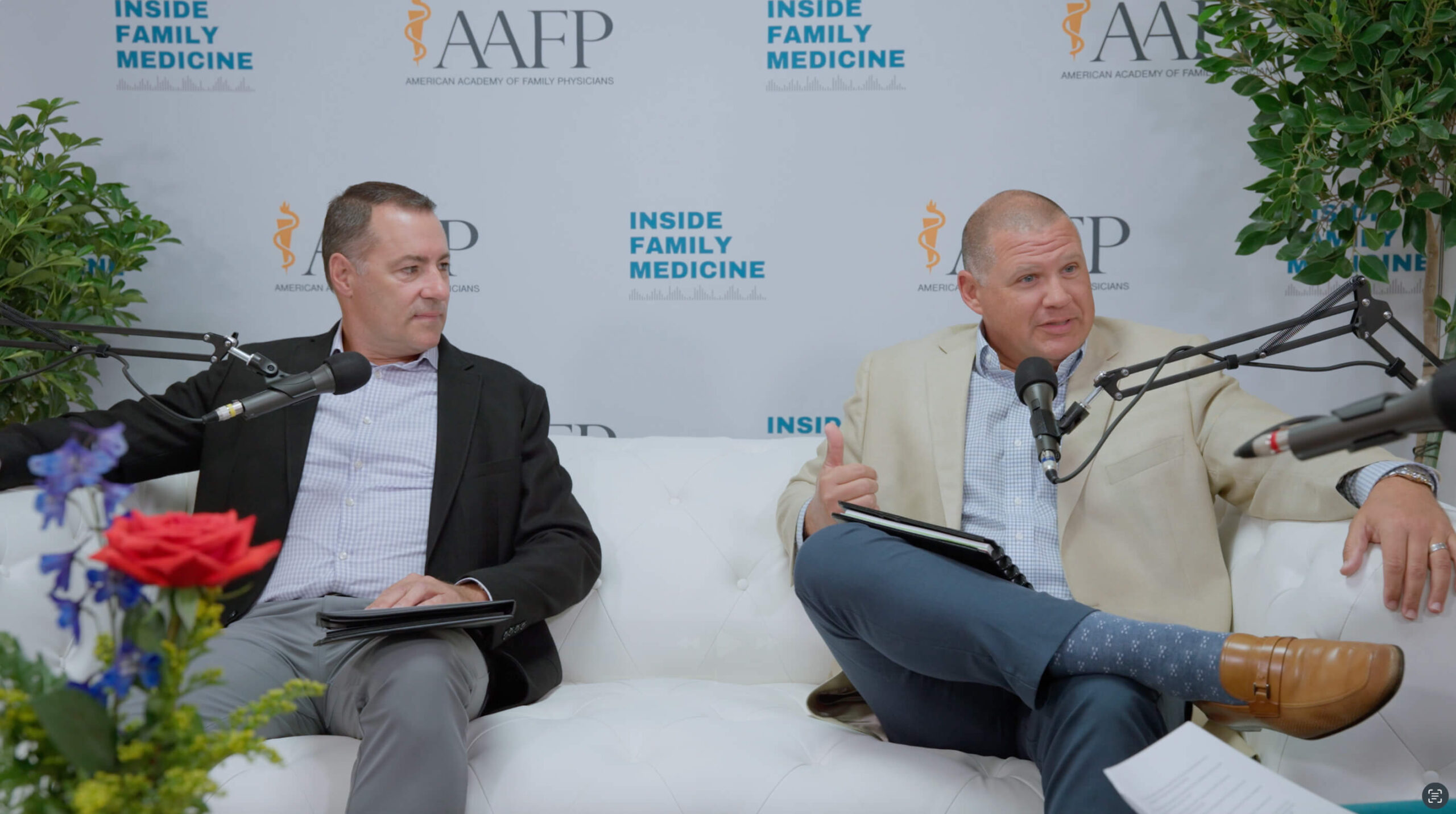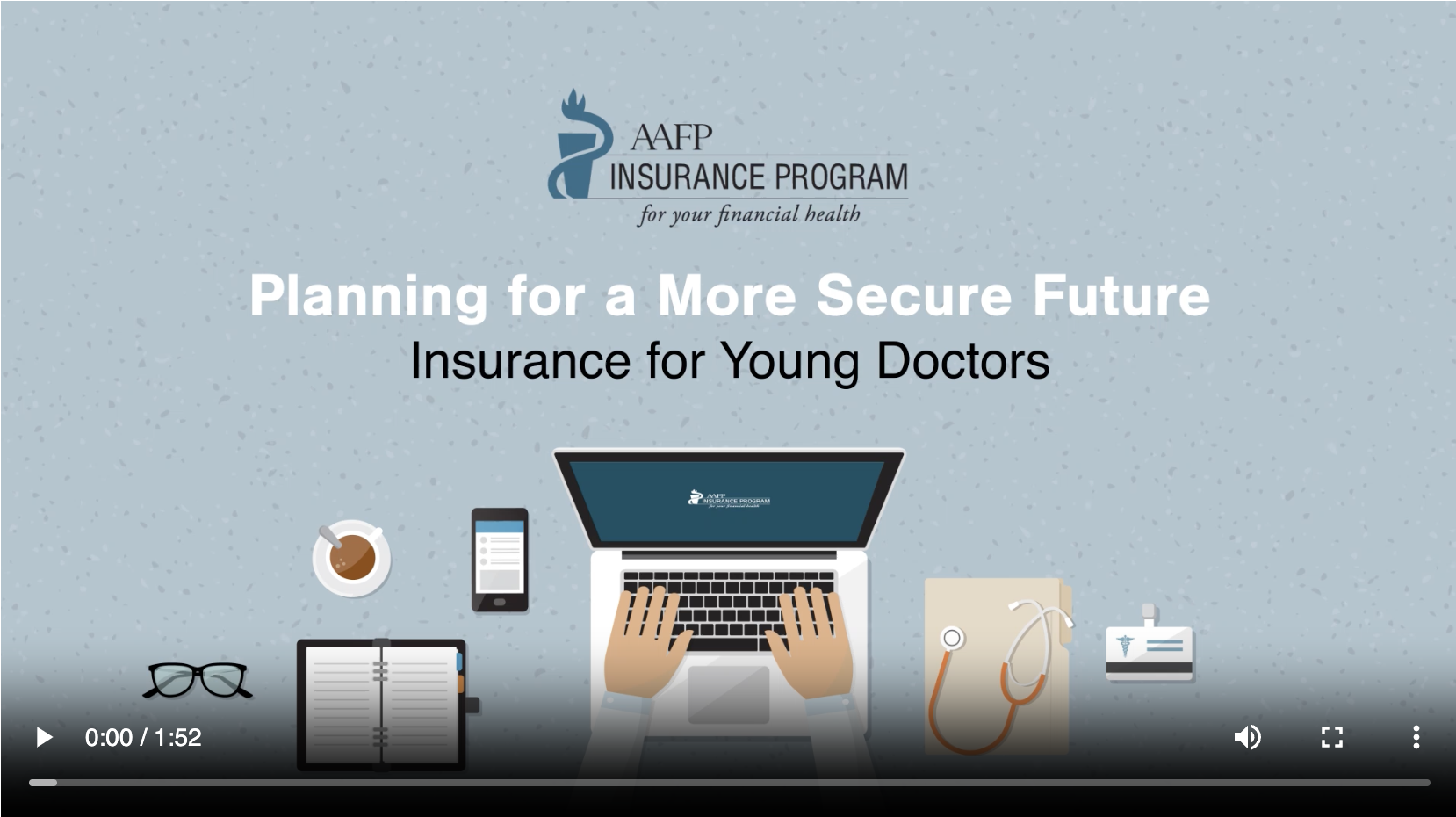More than 80% of all physicians carry educational debt, according to the American Medical School Association. Graduates of public medical schools carry a median debt burden of $180,000 and for private school graduates, the median increases to $200,000.
For many young family physicians, this debt can be overwhelming – especially when combined with other financial obligations. This could be the expense of a new home, a new car, or a growing family. There’s also the need to save for both unexpected costs and your loved ones’ financial future. And, after years of hard work, many physicians would like to spend money on themselves and the activities they enjoy.
To make your debt more manageable and your financial future more secure, here are a few suggestions you should seriously consider.
Put aside money for a rainy day
Even if you think you can’t afford it, it’s important to set aside money to take care of unexpected expenses or emergencies. Put part of your paycheck into a savings account each month. So you’ll be able to address a big expense without having to borrow money or add to your credit card debt.
Start saving this money in a money market account or a savings account that earns interest. Once you have more than $15,000 saved, you may want to consider moving it to a low risk investment account where it can be withdrawn without penalty.
Reduce your consumer debt
If you’re carrying high credit card balances, concentrate on paying them down. If you have more than one card, it may make sense to pay off those with the highest interest rates first. If cash flow is a problem, however, you may benefit from paying off your smaller balances to reduce the number of monthly bills you’ll have to pay.
If you have a good credit score, consider a balance transfer. Many banks offer credit cards with introductory offers of 0% APR for a number of months with no fees. And if you can pay your credit card off during the introductory period, you could save a significant amount on interest. But before transferring any credit card balance, make sure you trust yourself to open a new credit card but not use it. You don’t want to risk adding to the debt you are trying to reduce.
Another way to pay down your credit cards faster is to renegotiate your interest rate. As a working physician, you may be in a better financial situation than you were when you opened your credit cards. If that’s the case and you have a good credit score, your bank may be willing to lower your rate, especially if you are a long-time customer. Just call and ask politely, but be sure to do your homework first. Research and compare rates from other companies. Find a lower rate and ask your existing company if they can match it. According to CreditCards.com, two out of three cardholders who asked for a lower interest rate got it.
Reduce your educational debt
The first thing to do is to take stock of all your outstanding loans, their interest rates and payment periods. Consider refinancing to lower your payments and save on interest. And if you have more than one loan, look at consolidating them.
Another consideration is the debt-forgiveness programs available through federal or state resources. Here is a comprehensive list provided by the Association of American Medical Colleges. This includes the public service loan forgiveness program and scholarships for those in the medical field.
When assessing your student loans, keep in mind, they may not be tax deductible at a physician’s salary. So it may make sense to pay them down before other deductible debts, such as your mortgage.
It’s important that every young physician put a solid financial plan in place that focuses on eliminating debt, so you can get the most out of the career you worked so hard to build.
Tell us: what are you doing to manage your debt so you can have a bright financial future?
Image: Shutterstock/Blend Images




